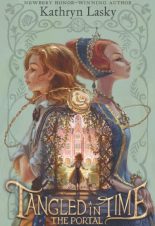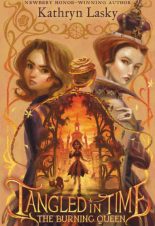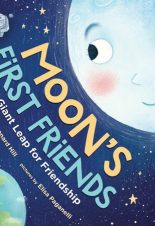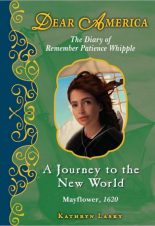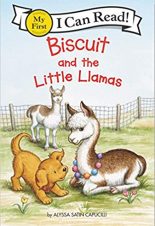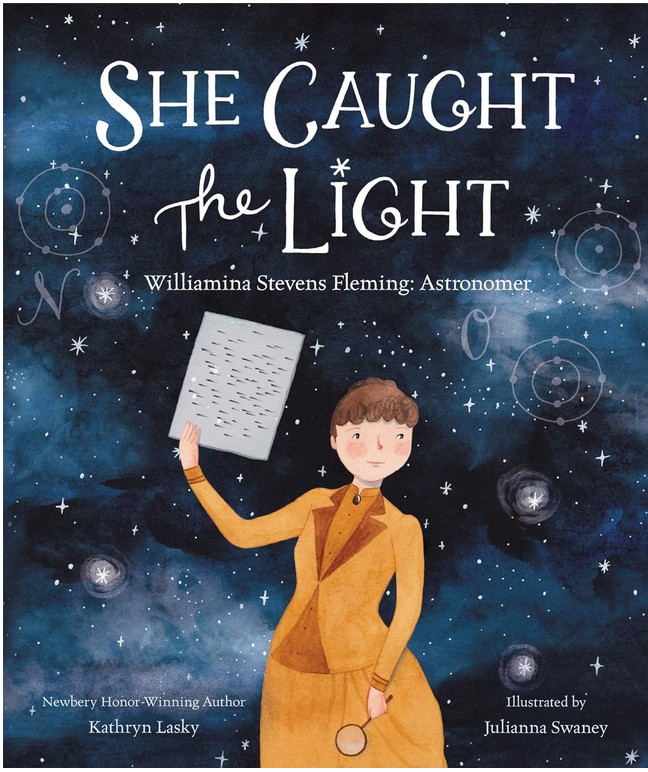
Buy This Book
“Williamina Fleming believed that the universe, with its billions of stars, was a riddle. It was a mystery waiting to be solved. She captured the light to help solve that riddle,” —She Caught the Light
She Caught the Light: Williamina Stevens Fleming: Astronomer
by Kathryn Lasky
AR Test, Picture Book
4-8
Score
5.0
40
Williamina Fleming changed the course of astronomy by devising the world’s first classification system of the universe. Alongside paving the pathway for future discoveries, Fleming also showcased the importance of women’s role in science and astronomy by becoming the first woman to become the curator of astronomical photographs. However, Fleming’s place in history didn’t come easy, as her success required hard work and patience.
Williamina Fleming, affectionately known as “Mina,” was born in Dundee, Scotland on May 15, 1857. As a child, Mina showed interest in her father’s photography work and constantly asked questions about the nature of photographs, such as, “Why do the chemicals work?” or “How does the light get onto the plate?” After Mina’s father died, she became the maid for Professor Pickering, the renowned director of the Harvard College Observatory. For a while, Mina did the typical jobs of dusting, sweeping, and scrubbing, but when Professor Pickering became frustrated at his assistants with their astronomical calculations, Pickering turned to Mina for the job. Could Mina seize this opportunity to showcase her intelligence and change astronomy forever?
The book gives a third-person narration about Mina’s life, demonstrating how her persistent determination, calm composure, and astute decisions impacted her growth from a curious child to an influential lady. The story depicts Mina as a strong, intelligent, and inquisitive person, and her ability to ask questions and learn from others makes her an aspiring and influential figure. Many readers will relate to Mina’s desire to know the secrets of the cosmos, and her slow climb to the position of curator of astronomical photographs feels realistic and genuine.
She Caught the Light is a rousing illustrated story that exemplifies the power of hard work and patience. After all, Mina’s chance to showcase her intelligence and impact on the astronomical world took time. When her opportunity finally arose, Mina built a long-lasting career that served as a testament to seizing the opportunity. The book also encourages readers not to grow disappointed when things take time to develop. For Mina, although she started as a maid, her past gave her the foundation to eventually create “a portrait of the universe that astronomers would use for over a century.”
She Caught the Light features simple, watercolor illustrations that aid the story’s plot with helpful character depictions and scenery. The story also contains supplementary material at the end of the book, such as a timeline, glossary, biography, and author’s note, which complements and fortifies Mina’s legacy as “a hero of the stars.” However, for an illustrated children’s book, She Caught the Light uses complex concepts, such as the inner workings of a spectroscope, and large, tricky paragraphs that may frustrate younger readers. As a result, She Caught the Light is a tale for more experienced readers. Mina’s story will leave readers more informed, inspired, and curious about the celestial objects in our skies.
Sexual Content
- None
Violence
- None
Drugs and Alcohol
- None
Language
- None
Supernatural
- None
Spiritual Content
- None
“Williamina Fleming believed that the universe, with its billions of stars, was a riddle. It was a mystery waiting to be solved. She captured the light to help solve that riddle,” —She Caught the Light
Latest Reviews

She Caught the Light: Williamina Stevens Fleming: Astronomer
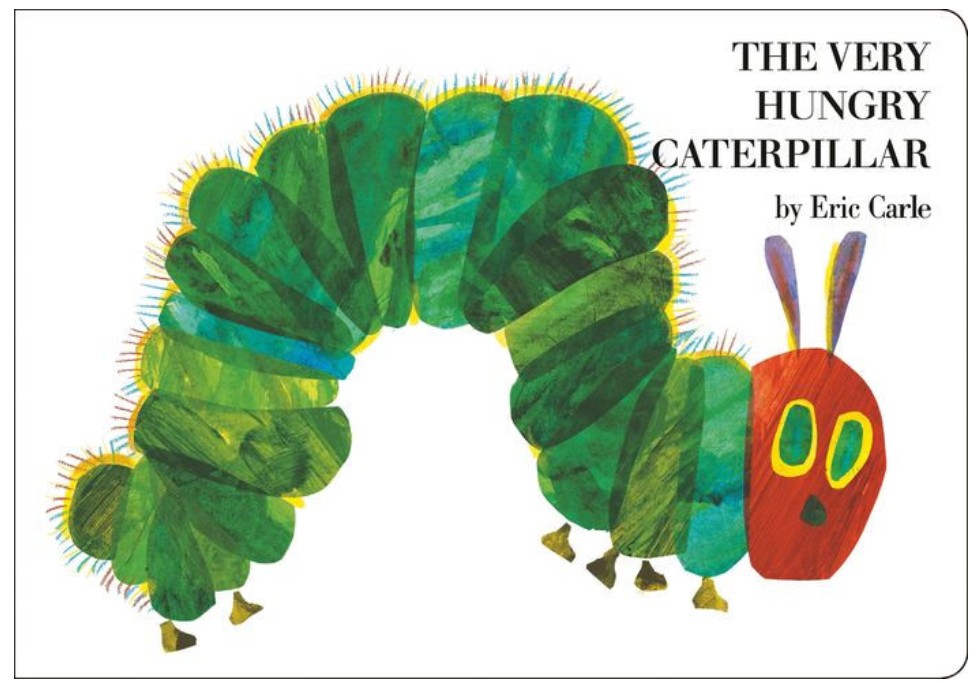
The Very Hungry Caterpillar
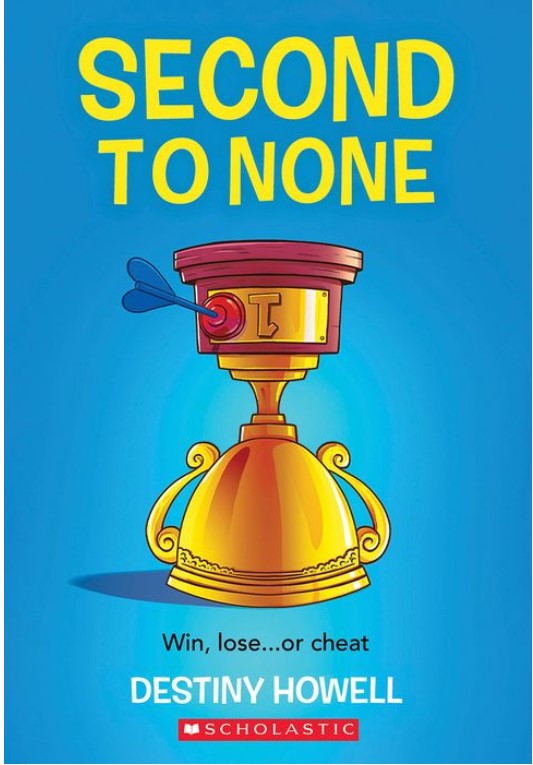
Second to None

Legends: The Best Players, Games, and Teams in Baseball

Aaron Judge vs. Babe Ruth: Who Would Win?
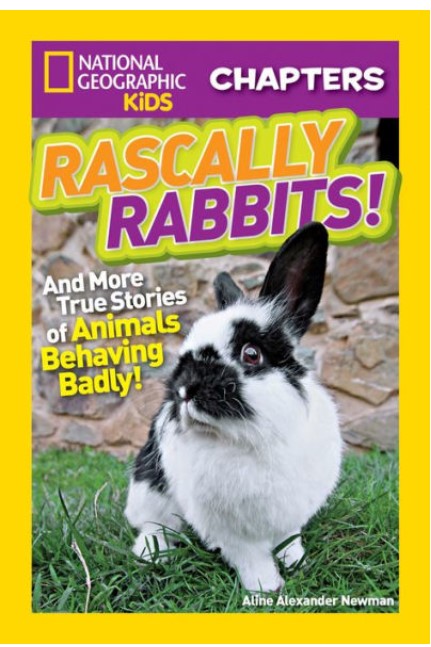
Rascally Rabbits: And More True Stories of Animals Behaving Badly

The Vikings Revenge

Salat in Secret

Strength of the Mountains

